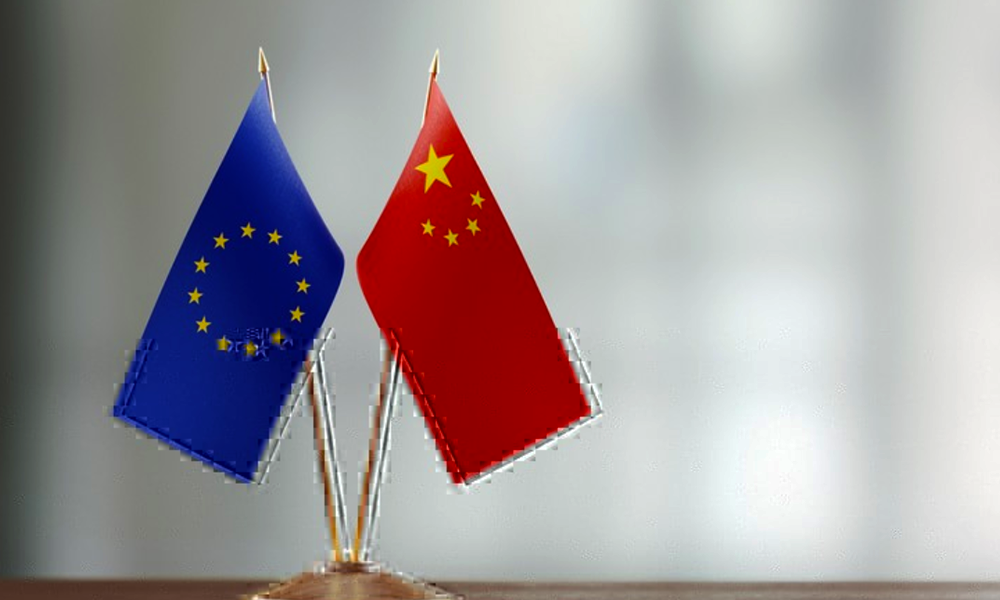
The implementation of major projects in Cameroon is leading to deforestation and the introduction of timber removals onto the market, which are deemed incompatible by its European partner. This reality has been one of the main points of contention in the dying Partnership Agreement.
Cameroon thus faces the same dilemma as the world's major forested nations: developing while promoting sustainable forest management. The Center for International Forestry Research (CIFOR) predicts that the implementation of various projects under Cameroon’s emergence plan will lead to land conversion (loss of forest cover) amounting to 2.2 million hectares, including 1.2 million hectares for second-generation agriculture alone and 800,000 hectares for other infrastructure projects (roads, dams, bridges, mining operations, etc.).
In practice, this includes the construction of hydroelectric dams such as Lom Pangar, Mekin, Memve’le, and Nachtigal, as well as the implementation of major road and mining projects (such as the Mbalam iron ore project), railway construction, and large-scale agricultural initiatives.
The European Commission’s Council proposal of October 2, 2024, regarding the denunciation of the partnership agreement between the EU and the Republic of Cameroon on the application of forest regulations, governance, and trade of timber and derived products to the EU, is a reflection of the ongoing misunderstanding surrounding sustainable ecosystem management and the implementation of the Green Deal.
Aside from longstanding agro-industrial plantations like CDC, PALMOL, and HEVECAM, all recent attempts to establish agro-industries in Cameroon (palm oil, banana, cocoa, rubber) have faced strong opposition from development partners and both national and transnational NGOs (such as Greenpeace and Friends of the Earth). Ultimately, behind the concept of "zero deforestation" lies a disguised and highly repressive trade policy.
© 2021 MINFOF. All rights reserved| Designed by CI MINFOF